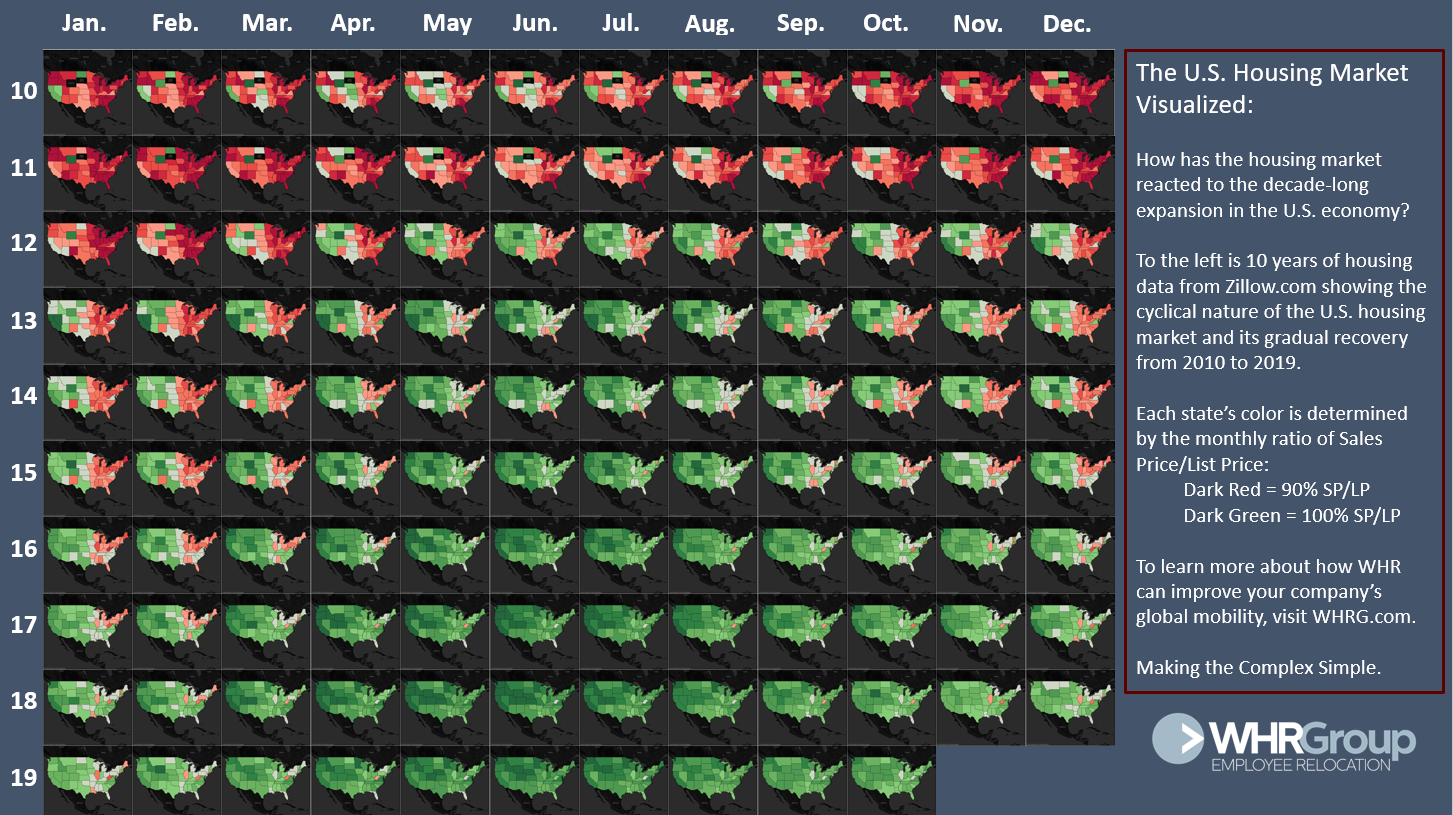WHR Group is in the business of making the complex simple. However, when it comes to the economy, nothing is black and white. To take pulse of the current economy and the Federal Reserve’s sentiment in 2020, WHR attended an economics luncheon in Milwaukee on January 9th, 2020. The featured speaker was Charlie Evans who has been President and CEO of the Federal Reserve Bank of Chicago since September of 2007.

While Evans emphasized he cannot speak on behalf of his colleagues, he is currently happy with the state of the domestic economy and the current Federal Funds Rate of 1.75% (see Federal Funds Rate). In fact, the U.S. unemployment rate of 3.5% is at its lowest rate in the past 50 years, and the U.S. economy has been enjoying a mature 10 year expansion period, the longest on record in the post-WWII era (What is Unemployment?).
Even in a decade of expansion, there is always room for economic improvement. Addressing the regional economic outlook, Evans stated that the Upper Midwest is dominated by heavy manufacturing which has struggled to attract workers due to the unusually low unemployment rate. Several business leaders in the Midwest have been held back from expansion plans due to the tight labor market. One way businesses are overcoming this labor challenge is by offering flexible work hours and more attractive work environments.
On the national level, Evans is a member of the Federal Open Market Committee (FOMC) which influences federal monetary policy through the purchasing and selling of U.S. Treasury Securities (Open Market Operations). And while Evans may be happy with the current Federal Funds Rate, he would like to see an improvement in the U.S. inflation rate of 1.7%. The Federal Reserve has an explicit target of 2% symmetric inflation to insulate against zero lower bound risk (Why 2%?). The federal funds rate and inflation are negatively correlated (as interest rates are reduced, more consumers borrow and spend money which increases the inflation rate, and vice versa). Therefore, if the economy is in a downturn and the Federal Funds Rate is already at 0%, this may cause a liquidity trap and limit the capacity that the Federal Reserve has to stimulate economic growth by reducing the Federal Funds Rate.
Will the Federal Reserve consider negative interest rates? Per Evans, no, the U.S. is not seriously contemplating negative interest rates, even though there are multiple central banks across the globe with negative rates (e.g. Japan, Switzerland, and Sweden). Negative interest rates are an unconventional monetary policy tool, and drastic measure to prevent a country from falling into a deflationary spiral (Deflationary Spiral). In simple terms, if consumers want to keep their money in banks, the yield on those accounts would be negative which incentivizes consumers to spend instead of save, similar to a fee for keeping your money in the bank. Interestingly enough, if the Federal Reserve followed this policy during the Great Recession, interest rates would have been -4% to -5%.
If you have questions or insights about how the U.S. economy may impact your global mobility, let us know in the comments below.
